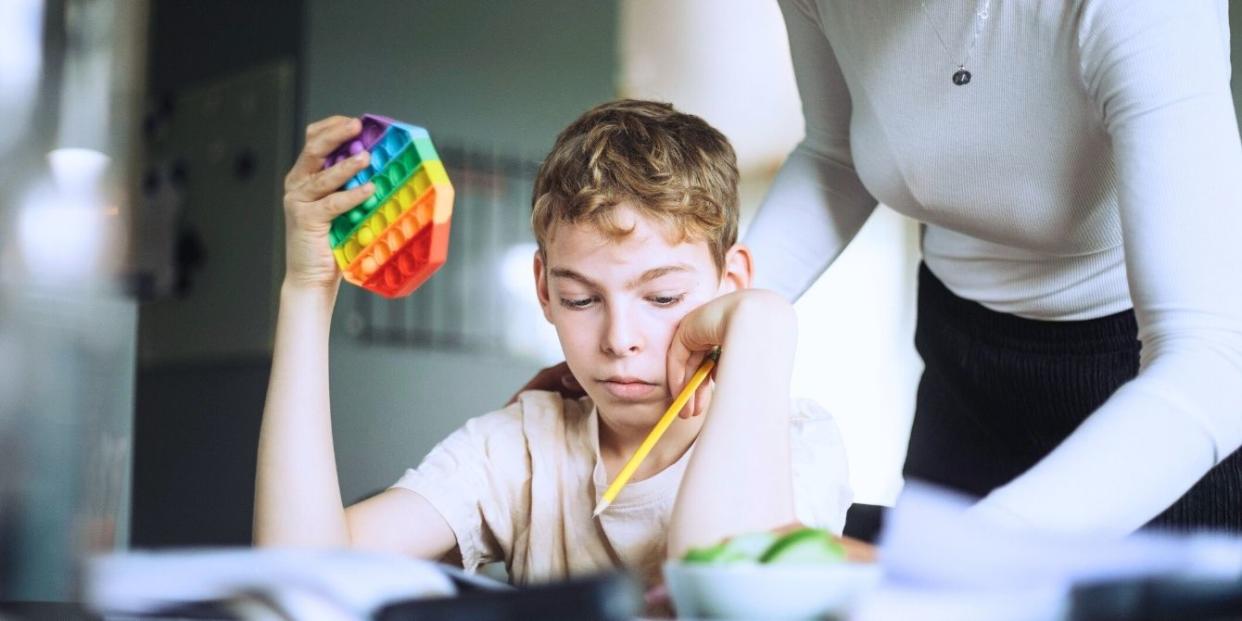New study shows ADHD cases are on the rise—and now affect 1 in 9 kids

A new report from the Centers for Disease Control and Prevention is shining a light on what it calls an “expanding public health concern:” ADHD diagnoses in kids ages 3 to 17. According to the CDC, one in nine kids in the U.S. have now been diagnosed with ADHD.
The researchers behind the report found that in 2022, 7.1 million kids in that age range received a new ADHD diagnosis — a million more than in 2016. Melissa Danielson, the study’s lead author, noted that the jump may have had to do with timing — the study took place during the pandemic, when many kids experienced heightened stress, depression, and anxiety.
“Pandemic-associated family stressors such as illness and death in the family and community, changes in parental work and child schooling, decreased social interactions and increased fear and uncertainty are factors that can increase symptoms of inattention, impulsivity, and hyperactivity,” the study said.
“A lot of those diagnoses… might have been the result of a child being assessed for a different diagnosis, something like anxiety or depression, and their clinician identifying that the child also had ADHD,” Danielson told NPR.
It’s unknown to what extent the patterns reflect parental and cultural perceptions of ADHD, the study noted.
Another possible reason for the increase in diagnoses is increased awareness of ADHD symptoms—and especially how the disorder presents differently in girls than it does in boys. Historically, boys were diagnosed with ADHD about 2.5 times more frequently than girls, but in recent years, that gap is narrowing.
“Boys will often have hyperactive or impulsive ADHD, where they’ll run into the street or jump off things or do things that might make them more likely to be injured,” Danielson explained. “Girls tend to manifest their ADHD in a more inattentive way. They’ll be daydreaming or have a lack of focus or be hyper-focused on a particular task that maybe is not the task that they need to be focused on.”
The new study has been published in the Journal of Clinical Child & Adolescent Psychology. Another interesting finding from the report is that only about half of kids diagnosed with ADHD take medication for it, compared to two-thirds in 2016. The study doesn’t delve into reasons for this, but shortages of ADHD medications around the U.S. coincided with the time the data was collected.


